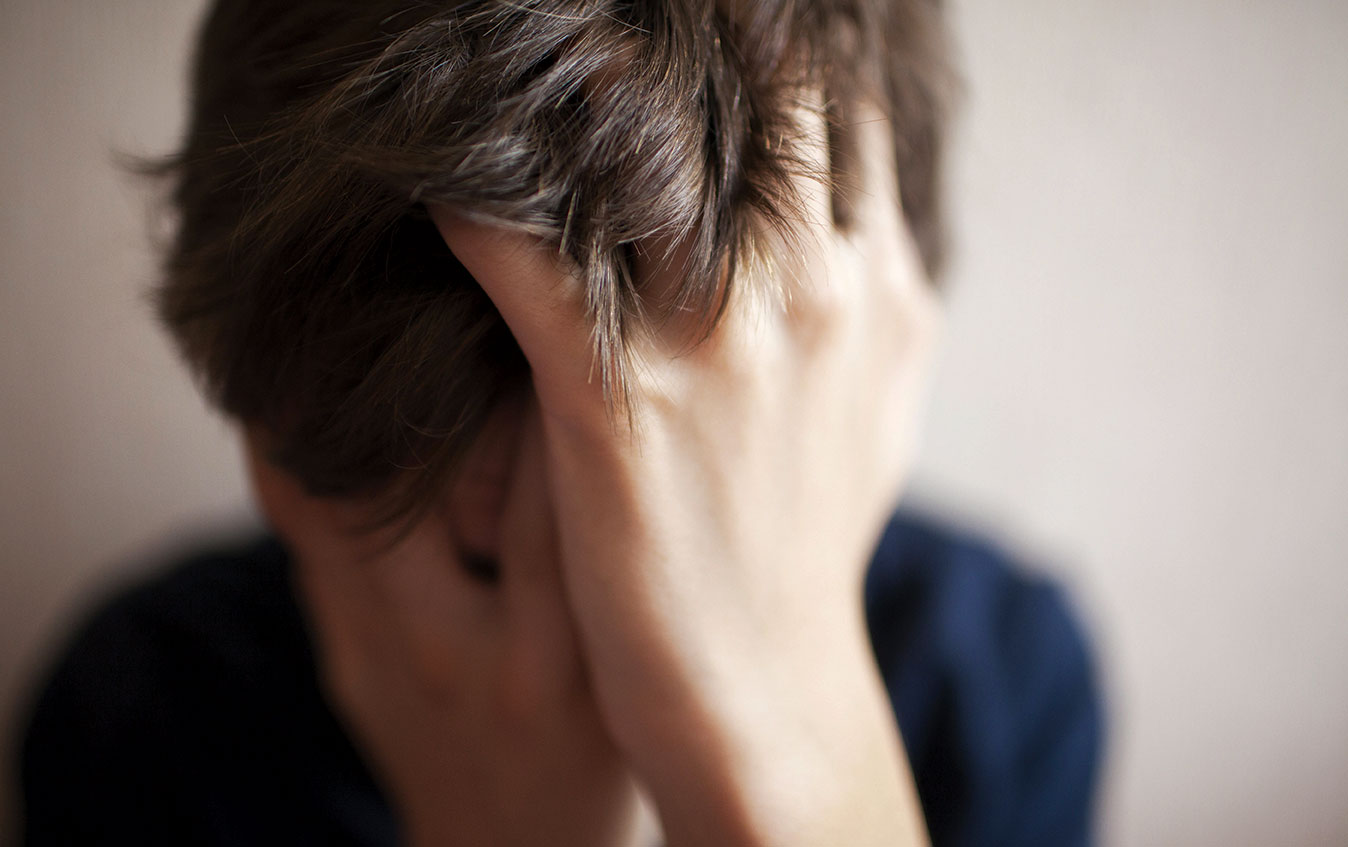
Marijuana Legalization and Kids
By Youth Connections Staff
There is so much false information about marijuana, it’s important to get the facts from sources who don’t benefit financially based on its legalization. With several states legalizing “medical” or recreational marijuana, there’s data to prove it does not benefit kids. Here’s what science and research know to be true:
MARIJUANA IS ADDICTING
Twenty to twenty-five percent of youth who start using regularly in their teenage years will become addicted. Long-term marijuana users who try to quit report withdrawal symptoms, including irritability, sleeplessness, decreased appetite, anxiety, and drug craving, all of which can make it difficult to stay off the drug.
MARIJUANA AND MENTAL HEALTH
Recent research suggests that smoking high-potency marijuana every day could increase the chances of developing psychosis by nearly five times compared to people who have never used marijuana. (Psychosis is a condition where one loses touch with reality and may hear, see, or believe things that aren’t real.) Marijuana use has also been linked to other mental health problems, such as depression, anxiety, and suicidal thoughts among teens. Colorado toxicology reports show the percentage of adolescent suicide victims testing positive for marijuana has increased.
MARIJUANA AND THE DEVELOPING BRAIN
A recent study found a permanent reduction of eight IQ points in youth who are regular users. When teens begin using marijuana, the drug may impair thinking, memory, and learning functions and affect how the brain builds connections between the areas necessary for these functions. Marijuana use is linked to a higher likelihood of dropping out of school, decreased initiative, accidents, and injuries.
MARIJUANA AND FAMILIES
While legalization is supposed to be for adults, a recent study showed that parental use increases a child’s risk of substance use and other psychiatric problems.
No matter how you feel about it personally, one thing is clear – it is not good for kids. Legalization increases access and reduces risk of harm – factors for increased use by youth. The number one reason a child chooses not to use is the expectations of their parents. Talk early, talk often, stick to the facts. For resources on what to say, visit: drugabuse.gov and search “Marijuana: Facts Parents Need to Know.” Let’s help our kids reach their full potential by helping them be substance free.
